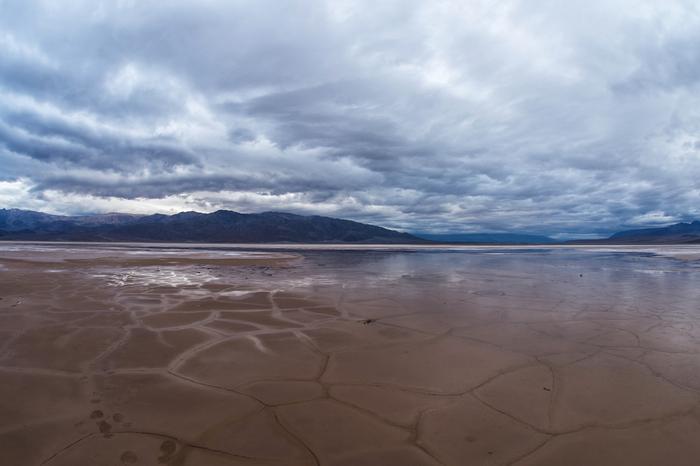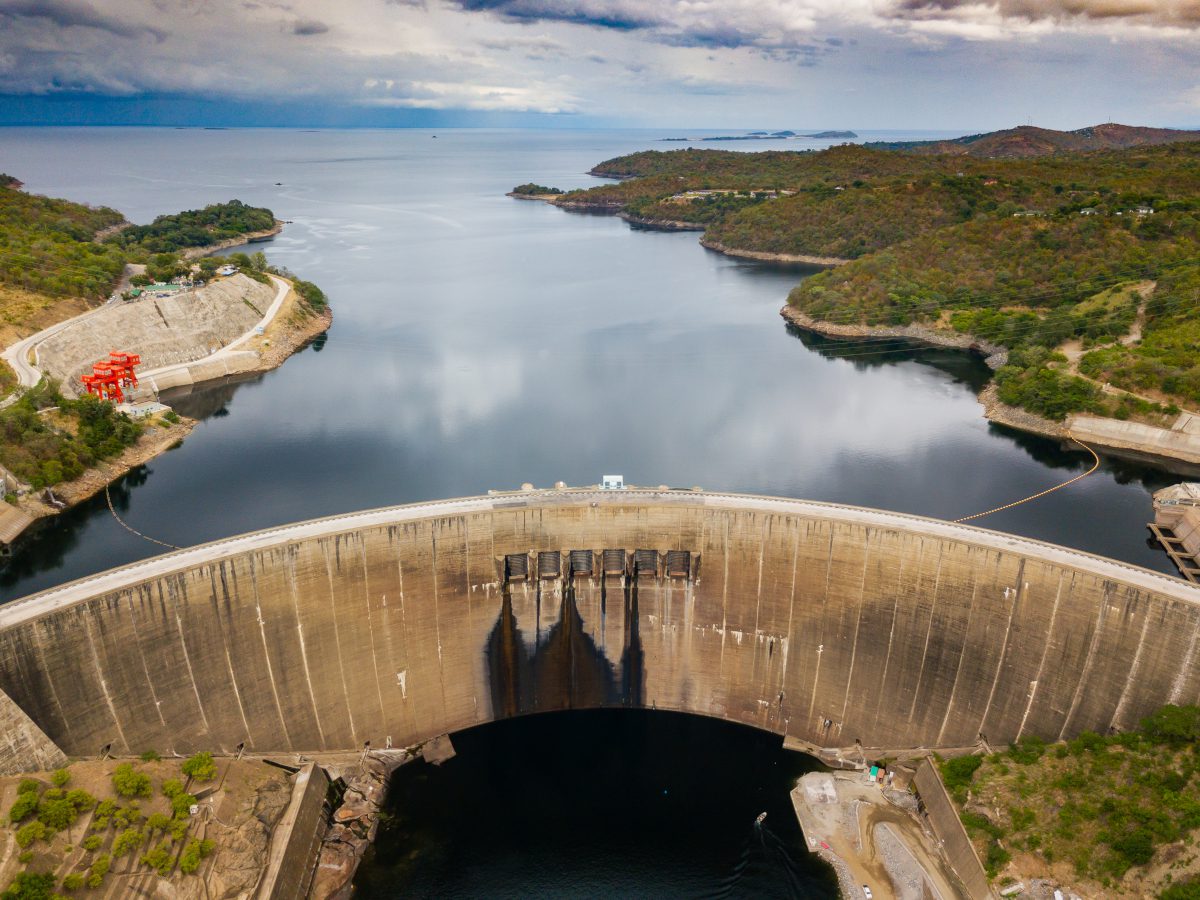A recent paper by a group at NASA appears to show that the global water cycle is shifting in ways that have gone unobserved until now. Most of the shifts are said to be driven by activities such as agriculture and could have impacts on ecosystems and water management, especially in certain regions.
The research drawns upon nearly 20 years of observations from satellites and remote monitoring equipment.
“We established with data assimilation that human intervention in the global water cycle is more significant than we thought,” said Sujay Kumar, a research scientist at NASA’s Goddard Space Flight Center in Greenbelt, Maryland, and a co-author of the paper.
The shifts have implications for people all over the world. Water management practices, such as designing infrastructure for floods or developing drought indicators for early warning systems, are often based on assumptions that the water cycle fluctuates only within a certain range, said Wanshu Nie, a research scientist at NASA Goddard and lead author of the paper.
“This may no longer hold true for some regions,” Nie said. “We hope that this research will serve as a guide map for improving how we assess water resources variability and plan for sustainable resource management, especially in areas where these changes are most significant.”
One example of where these new human impacts on the water cycle appear to be making themselves felt is in North China, which is experiencing an ongoing drought. But vegetation in many areas continues to thrive, partially because producers continue to irrigate their land by pumping more water from groundwater storage, Kumar said. Such interrelated human interventions often lead to complex effects on other water cycle variables, such as evapotranspiration and runoff.
Nie and her colleagues focused on three different kinds of shifts or changes in the cycle: first, a trend, such as a decrease in water in a groundwater reservoir; second, a shift in seasonality, like the typical growing season starting earlier in the year, or an earlier snowmelt; and third a change in extreme events, like “100-year floods” happening more frequently.
The scientists gathered remote sensing data from 2003 to 2020 from several different NASA satellite sources: the Global Precipitation Measurement mission satellite for precipitation data, a soil moisture dataset from the European Space Agency’s Climate Change Initiative, and the Gravity Recovery and Climate Experiment satellites for terrestrial water storage data. They also used products from the Moderate Resolution Imaging Spectroradiometer satellite instrument to provide information on vegetation health.
“This paper combines several years of our team’s effort in developing capabilities on satellite data analysis, allowing us to precisely simulate continental water fluxes and storages across the planet,” said Augusto Getirana, a research scientist at NASA Goddard and a co-author of the paper.
The study results suggest that Earth system models used to simulate the future global water cycle should evolve to integrate the ongoing effects of human activities. With more data and improved models, producers and water resource managers could understand and effectively plan for what the “new normal” of their local water situation looks like, Nie said.
The paper “Nonstationarity in the global terrestrial water cycle and its interlinkages in the Anthropocene” was published in the Proceedings of the National Academy of Sciences on 28 October 2024.

















